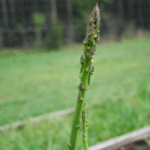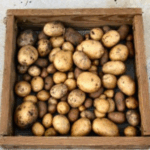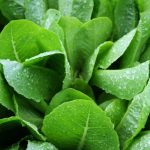Are you trying a plant-based diet for the New Year? It works. It worked for me.
A Plant-Based Diet for the New Year
New year, new you, right? I saw a funny cartoon this week that showed a C# musical note and a B-flat. The caption read, “New Year, New Me.”
For you non-musicians, C# and B-flat are the exact same note. It just depends on how the key signature is written which was the note is expressed. When it is played, it is exactly the same.
Which is kind of the point of the cartoon…everyone makes promises, or resolutions, each new year. Do we keep them? Inc. states that 80% of everyone who makes a resolution fails at them.
(A little note: This post contains Amazon affiliate links. When you purchase an item using the link, we make a little money. It does not add to your cost. Thank you for supporting Home Garden Joy!)
Achieving New Year’s Resolutions
I was one of the 80% for a very long time. In 2008, I spoke with a health coach who asked me to establish several big goals for myself. I can’t remember all of the goals I wrote down, but two remain fresh in my mind: to write and publish my first novel and to lose 40 pounds.
I wrote and published my first novel, I Believe You, in 2016. I wrote and published my second novel, I See You, this year. I lost 40 pounds, too.
I lost them by following a whole food plant-based diet.
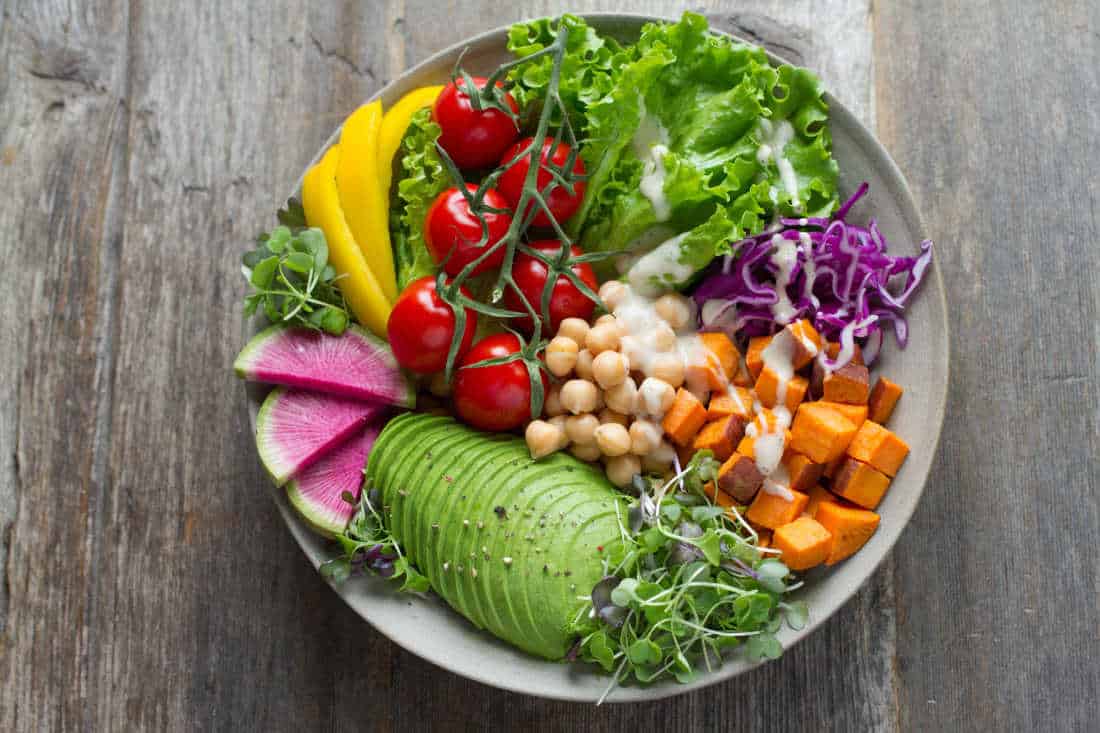
What Is a Plant-Based Diet?
A plant-based diet offers a healthy, science-based alternative to all of the fad diets you see advertised at this time of year. It’s so simple that once you get the hang of it you no longer need to think much about food. In fact, your tastes change. What tasted good before no longer tastes great and you don’t crave junk food anymore.
How can this be? Dr. Joel Fuhrman, who wrote the book Eat to Live, explains that as we eat whole, plant-based foods, we flood the body with micronutrients it needs for optimal health.
Micro versus Macronutrients
Micro whats? Micronutrients. Typical diets consider only macronutrients: protein, fats, carbohydrates. They deem all calories equal.
In a perfect world, all calories are equal. A calorie is a unit of measurement that measures how much energy is needed to raise the temperature of water by 1 degree C. It is not the end-all and be-all of weight loss and not the ultimate guide to health, either!
When people go “on a diet” they typically restrict calories without consideration of the quality of the remaining calories consumed. In typical dietary thinking, a calorie of candy bar is the same as one calorie of celery.
A candy bar contains no nutrients except for macronutrients of fat and carbohydrates (sugars). Celery, however, contains vitamins, minerals, fiber, and antioxidants: micronutrients. These micronutrients feed the millions of cells in the human body and help repair tissues, prevent DNA errors (that lead to mutations, which lead to cancer), and improve energy levels. They can also lower blood glucose levels, lower blood pressure, and lower cholesterol levels.
Not convinced? Don’t take my word for it. I highly recommend reading Eat to Live or another of Dr. Fuhrman’s books. These are usually available at your public library. Other good books on the topic include The China Study and Forks Over Knives.
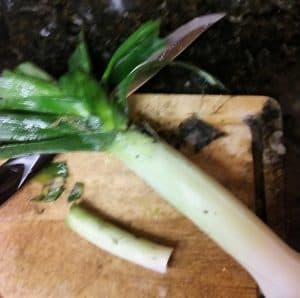
What Do You Eat on a Plant-Based Diet?
Plants. Duh.
Seriously, you do eat plant foods…a lot of plant foods. Any plant food as close to its natural source as possible is unlimited.
That means you can eat an unlimited amount of raw or cooked non-starchy vegetables and fruit. Yum!
You can also enjoy beans of all types, nuts, and seeds in moderation. Nuts and seeds are highly satiating but they have high fat content and if one of your goals is to lose weight you will want to limit nuts and seeds daily.
What is not on the menu? Meat of all kinds should be eliminated or severely limited. Dairy products should be reduced or eliminated. Highly processed carbohydrates such as crackers, cookies, and white bread are also limited.
“But I’ll starve!”
“Where do you get your protein?”
“What’s wrong with fish? I thought fish was healthy?”
I’ll talk about “where do you get your protein” in another article. You certainly won’t starve, although you may be hungry until your body adjusts to the new way of eating. And fish can be healthy…but abstaining from all flesh foods is healthier.
What Happens When You Switch to a Plant-Based Diet?
The first thing I noticed was…hunger. Yes, I was hungry. Going back to the books, I realized that I was thinking in the old “dieting” mentality and limited my salads. No, says Dr. Fuhrman and others who promote a plant-based diet. Do not limit the number of vegetables you eat. If you’re hungry, you’re doing it wrong!
I ate more vegetables and felt so much better!
My family has not entirely eliminated meat, but the beauty of a whole-food plant-based diet is that you do not need to completely eliminate meat. It is plant-based. That means based on plants. Not vegan or vegetarian, although both are also healthy options (and ones which Dr. Fuhrman would approve.)
I lost weight easily and rapidly, and more importantly, felt better than I have in years.
Gardening for a Plant-Based Diet
This year, 2020, I’ll share with you article on gardening, but with a twist. These will be articles to help you garden and grow food for your plant-based diet and lifestyle!
Home Garden Joy has plenty of articles already on how to grow everything from asparagus to tomatoes, but the emphasis this year will be on health. Organic gardening practices to help you grow abundant salad vegetables (including those prize-winning tomatoes), fresh fruit, herbs for teas and taste. Oh, the kitchen garden is what I truly love…and where I am happiest. My raised bed vegetable garden offers both exercise and meditation, food for mind, body, and soul. I wish you the same with your garden.
What if you think this whole plant-based diet thing is nonsense? Just garden along with me. Eat more vegetables. I promise you there is nothing unhealthy about that (unless you are allergic to a particular vegetable, of course!).
I’ll also share recipes for healthy plant-based meals that the whole family will enjoy.
Are you ready for a vibrant, plant-filled 2020? Here’s to a happy new year filled with health from the garden!

